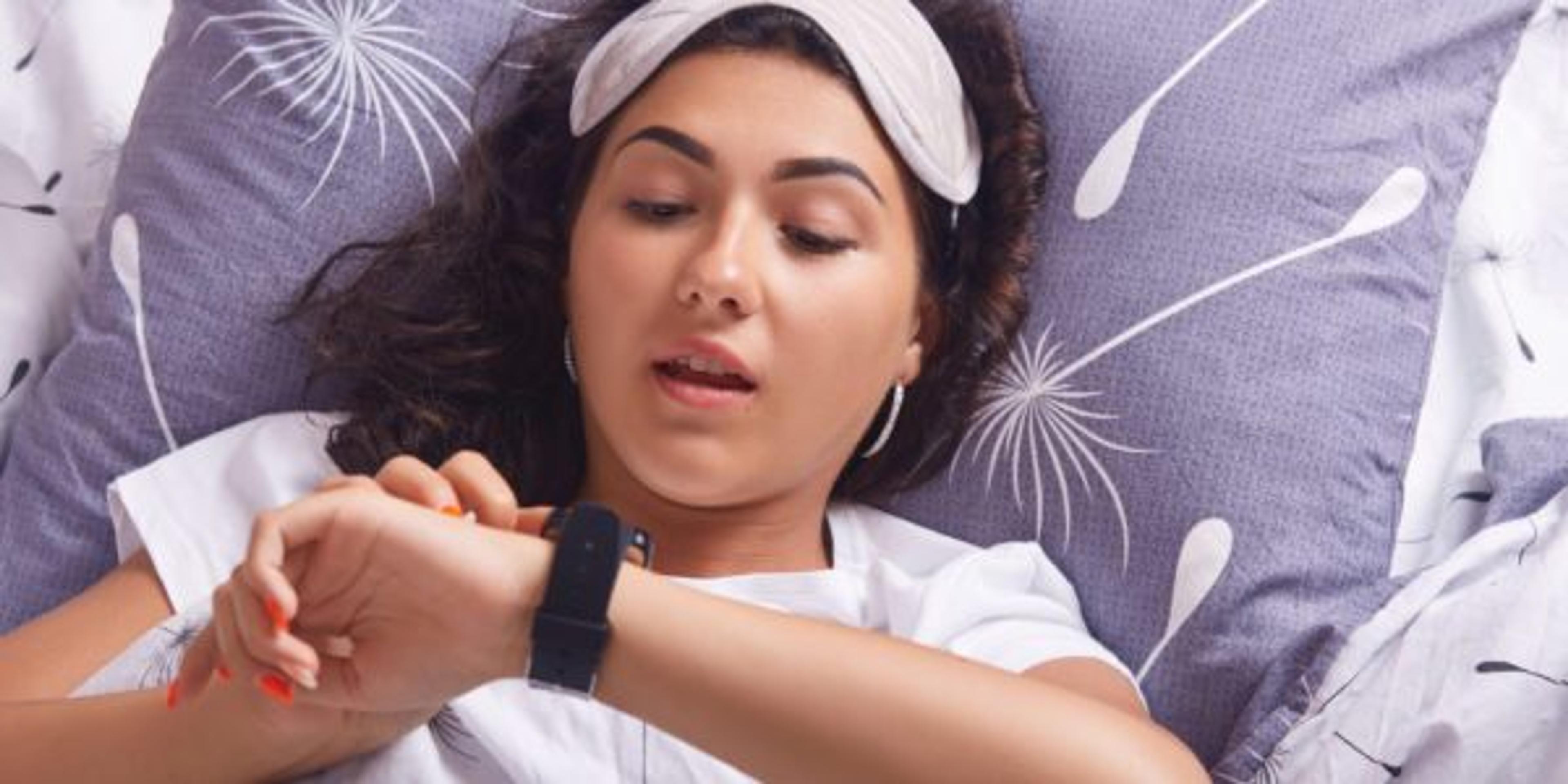What Sleep Tracking Can Tell You About Your Health
Jake Newby
| 3 min read

Years back, you had to visit a sleep clinic to get a detailed report about your sleeping patterns. Now, you can get a decent reading on how well or poorly you slept thanks to the many forms of sleep-tracking technology available online or in retail stores.
From smartwatches to bedside devices to bed sensors that you place between your sheets and mattress, sleep-tracking devices are designed to report these details:
- Environmental factors: Some (but not all) devices track factors in your bedroom that may affect your sleep, like the amount of light you let in or the temperature.
- Lifestyle factors: Some trackers generate sleep scores based on your caffeine intake, food consumption and stress levels.
- Sleep duration: Time spent asleep, awake, and restless – as well as what time you fell asleep and what time you woke up –are tracked.
- Sleep quality: Most trackers break your night down based on the main sleep stages: REM (rapid eye movement), deep and light.
How’s
It’s important to note that while sleep tracking devices can glean a lot of valuable insight about your sleeping patterns, they do not measure sleep directly, like lab-based sleep tests, which track patterns directly through brain activity. For this reason, sleep trackers are not as accurate as those sort of lab tests.
Sleep trackers depend on sensors to detect environmental factors and physical signs, like body movement, breathing rate and heart rate.
How do sleep trackers work?
We cycle through various stages of sleep over the course of the night. That watch on your wrist or device tucked under your sheets can pick up on the percentage of light, deep, and REM sleep you registered.
Most research suggests that adults spend more than half the night sleeping in the light stage. Breathing and heart rate usually decrease slightly during the light stage. You are more prone to being awoken when sleeping lightly. The deep sleep stage leaves less responsive to outside factors like sound, light and temperature. Your breathing slows down in this stage, while your muscles loosen up and your heart rate gets back to its regular pace.
Your most vivid dreams occur during the REM stage, which is also the stage believed to be essential to cognitive functions like creativity, memory, and learning. Deep and REM sleep tend to make up about 50% of a night’s sleep combined.
Most devices – though some may require premium subscriptions to reveal this data – monitor your respiratory rate and heart rate variability (HRV).
Sleep tracking devices can be particularly helpful if you are looking to extend or lengthen your sleep time because you struggle to maintain a healthy sleep schedule. They can serve as a reality check for those who juggle busy schedules or stay up way too late starting at devices. If you regularly lie down at a time that you know won’t allow you to sniff eight hours of sleep, trackers can give you a base line as to how much sleep and quality of sleep you register each night.
Sleep trackers are not the end-all, be-all
No tracker on the market can guarantee 100% accuracy, so don’t lose sleep over your sleep tracker. Some people may even have an adverse relationship with their device if they get too invested in. They may develop feelings of anxiety if they are not meeting their sleep goals and lie awake at night thinking about how “good” or “poor” their next sleep rating is going to be.
If you think you might have a serious sleeping issue, schedule an appointment with your primary care provider (PCP). If you’d like, bring your device with you as a conversation starter. Your PCP can determine whether you should seek additional testing, possibly from a sleep specialist.
Read more:
Photo credit: Getty Images





